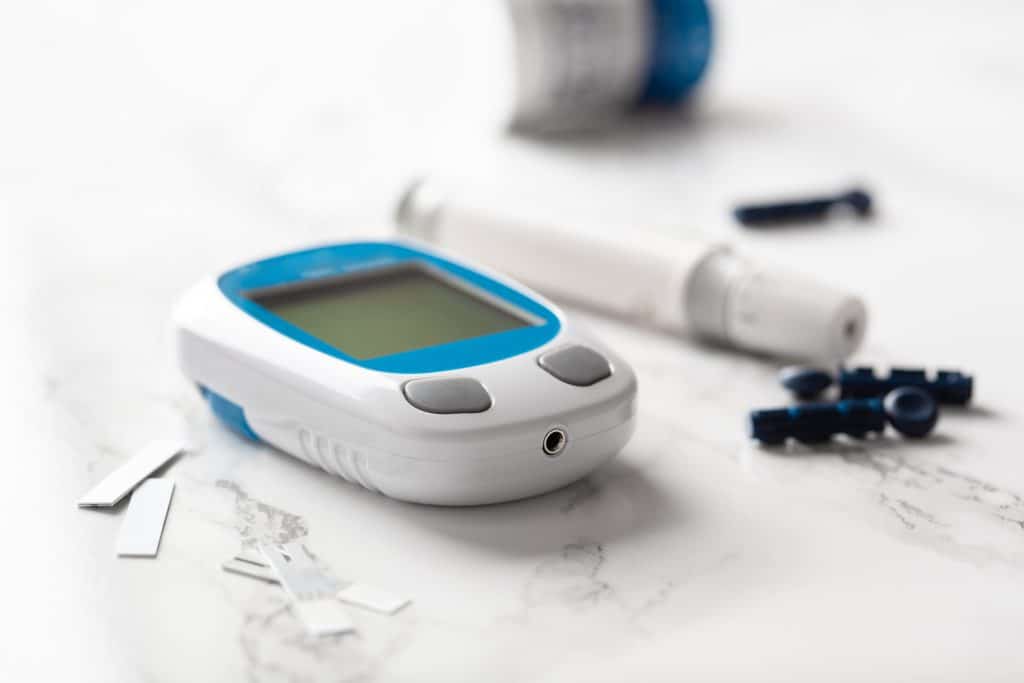In a world where medical technology continues to advance at a rapid pace, one of the most remarkable diagnostic tools might actually be sitting right next to you on your couch. Dogs, known for their keen sense of smell, have been found to detect various medical conditions with astonishing accuracy. This incredible capability offers a non-invasive and highly effective method for early diagnosis and ongoing management of diseases. From diabetes to cancer, man’s best friend is proving to be an invaluable ally in healthcare. This post delves into the science behind a canine’s olfactory prowess and explores the range of medical conditions that these incredible dogs can sniff out.
Contents
The Science Behind A Dog’s Sense Of Smell

Dogs possess an olfactory system that is extraordinarily complex and far more sensitive than that of humans. While humans have about 5 million olfactory receptors, dogs have as many as 300 million. These receptors allow dogs to detect scents at incredibly low concentrations, making them highly effective at identifying specific odors. This natural ability has been harnessed for various purposes, including search and rescue operations and, more recently, medical diagnosis.
The training process for medical detection dogs is both rigorous and specialized. Initially, dogs are trained to associate a specific scent with a reward, usually a treat or a toy. Over time, they learn to identify the scent of a particular medical condition, such as low blood sugar or cancerous cells, among a host of other smells. This form of training has opened up new avenues in healthcare, offering a non-invasive and often quicker way to detect diseases.
Diabetes Detection

Diabetes affects millions of people worldwide, and managing this condition requires constant monitoring of blood sugar levels. Enter the diabetes-detecting dog, trained to identify the scent of low or high blood sugar levels in human sweat or breath. These dogs can alert their owners to dangerous fluctuations in blood sugar, allowing for timely intervention and potentially preventing severe complications.
Several studies and real-life examples support the effectiveness of diabetes-detecting dogs. In one study, dogs correctly identified hypoglycemic episodes in 83% of cases. Not only do these dogs offer a practical solution for managing diabetes, but they also provide emotional support and companionship, making the daily challenges of living with diabetes a bit more bearable.
Cancer Detection

Cancer remains one of the leading causes of death globally, making early detection crucial for effective treatment. Dogs have been trained to sniff out various types of cancer, including lung, breast, and ovarian cancer, by detecting volatile organic compounds emitted by cancerous cells. The ability of dogs to identify these compounds at an early stage could revolutionize cancer screening methods.
The accuracy of canine cancer detection has been supported by multiple studies. In one notable study, dogs were able to detect lung cancer with an accuracy rate of 97%. These findings not only validate the role of dogs in early cancer detection but also pave the way for further research into how dogs can be integrated into modern healthcare systems.
Epileptic Seizures

Epilepsy is a neurological disorder characterized by recurrent seizures, which can be both unpredictable and debilitating. Dogs trained to detect epileptic seizures can sense subtle changes in behavior or scent before an episode occurs. This early warning system allows individuals to take necessary precautions, such as moving to a safe space or taking medication, thereby minimizing the risk of injury during a seizure.
Research and anecdotal evidence support the role of dogs in seizure detection. In various studies, dogs have been shown to alert their owners minutes to hours before a seizure occurs. This early detection not only enhances the safety of individuals with epilepsy but also contributes to a better understanding of the condition, potentially leading to more effective treatments in the future.
Migraines And Chronic Pain

Migraines and chronic pain conditions like fibromyalgia can severely impact the quality of life for those who suffer from them. Dogs trained in this area can detect the onset of a migraine or a chronic pain flare-up by identifying specific scents or changes in their owner’s behavior. This early detection allows individuals to take preventive measures, such as taking medication or retreating to a quiet space, thereby reducing the severity of symptoms.
Several studies have explored the effectiveness of dogs in detecting migraines and chronic pain. In one study, dogs were trained to alert their owners at the onset of a migraine, allowing for early intervention and more effective management of symptoms. The emotional support provided by these dogs also plays a significant role in helping individuals cope with the psychological aspects of chronic pain.
Allergies And Anaphylaxis

Severe allergies and anaphylactic reactions can be life-threatening if not addressed promptly. Dogs trained to detect allergens can sniff out substances like peanuts or shellfish in food or the environment. This capability is especially valuable for individuals who are highly sensitive and at risk of experiencing severe allergic reactions.
The importance of allergy-detecting dogs has been highlighted in various case studies and research articles. In one study, dogs were trained to detect peanut traces in food items with an accuracy rate of over 90%. For families and individuals dealing with severe allergies, having a dog with this specialized training can offer an additional layer of security and peace of mind.
Cardiovascular Issues

Cardiovascular diseases, including high blood pressure and heart disease, are among the leading causes of death worldwide. Dogs trained to detect cardiovascular issues can sense changes in heart rate, blood pressure, or even the chemical composition of sweat. This early detection can be crucial for timely medical intervention, potentially preventing a heart attack or stroke.
The effectiveness of dogs in detecting cardiovascular issues has been supported by various studies and real-life examples. In one study, dogs were trained to detect changes in heart rate and were able to alert their owners before any noticeable symptoms occurred. This form of early detection not only has the potential to save lives but also emphasizes the invaluable role that dogs can play in modern healthcare.
Mental Health Conditions

Mental health conditions like anxiety and post-traumatic stress disorder (PTSD) can be debilitating, affecting every aspect of life. While dogs have long been known for their therapeutic emotional support, some are now being trained to detect spikes in stress hormones or changes in body language. These dogs can alert their owners to rising stress levels, allowing them to take proactive steps like deep breathing or removing themselves from a triggering environment.
The role of therapy dogs in mental health treatment has gained significant attention in recent years. Various studies have shown that the presence of a trained dog can lower cortisol levels, reduce heart rate, and even decrease blood pressure. This form of non-pharmacological intervention is becoming increasingly accepted as a complementary treatment for various mental health conditions, offering both emotional and physiological benefits.
The Final Word: More Than Just Man’s Best Friend
Dogs have proven themselves to be more than just loyal companions; they are invaluable allies in healthcare, capable of detecting a wide range of medical conditions. From diabetes and cancer to epilepsy and mental health disorders, these four-legged heroes are revolutionizing the way diseases are diagnosed and managed. As research continues to explore the full extent of their capabilities, one thing is clear: the bond between humans and dogs extends far beyond friendship, entering the realm of life-saving partnerships!


